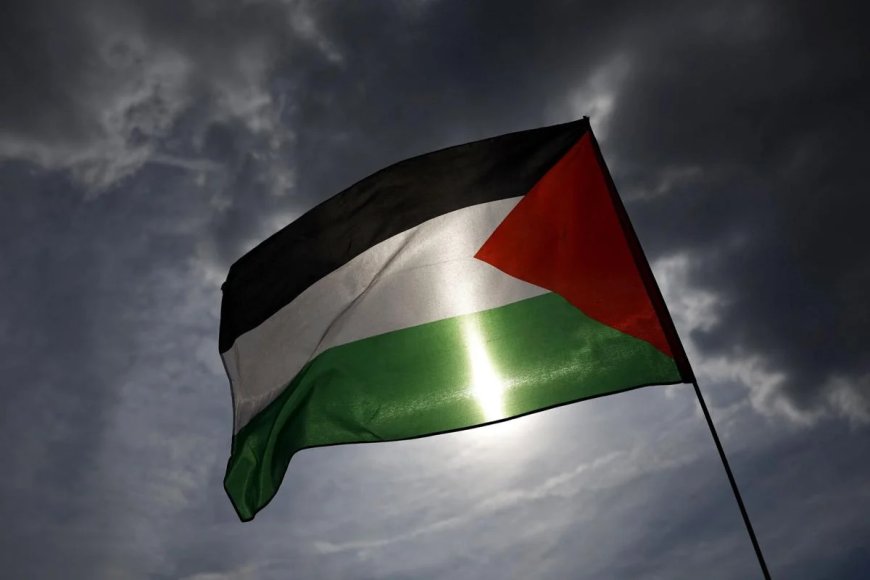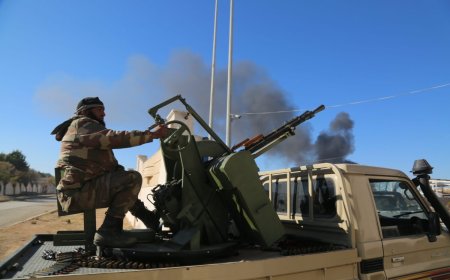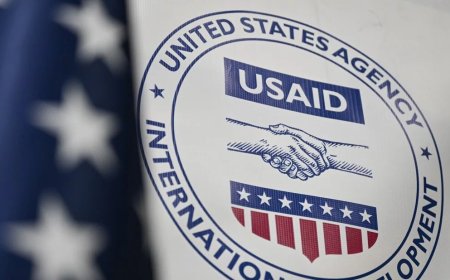UK, Australia And Canada Recognise Palestinian State
UK, Australia And Canada Recognise Palestinian State

Britain, Australia, and Canada on Sunday formally recognised the State of Palestine, marking a dramatic shift in decades of Western foreign policy and drawing swift condemnation from Israel.
Portugal also announced it would recognise Palestinian statehood later the same day, as international pressure on Israel mounted over the war in Gaza, which erupted nearly two years ago following Hamas’s October 7, 2023 attack.
“To revive the hope of peace for Palestinians and Israelis, and to advance a two-state solution, the United Kingdom formally recognises the State of Palestine,” UK Prime Minister Keir Starmer declared on X.
Britain and Canada thus became the first G7 nations to take the step, with France and other countries expected to follow during the UN General Assembly opening Monday in New York.
“Canada recognises the State of Palestine and offers our partnership in building the promise of a peaceful future for both the State of Palestine and the State of Israel,” Canadian Prime Minister Mark Carney wrote on X.
The move is being hailed as a watershed moment for Palestinians in their decades-long quest for statehood. Western powers had long insisted recognition should only follow a negotiated peace agreement with Israel.
But it places these countries at odds with the United States and Israel, with Israeli Prime Minister Benjamin Netanyahu reacting angrily, vowing to fight the decision at the UN, and warning that such calls “endanger our existence and serve as an absurd reward for terrorism.”
Many of Israel’s traditional allies have shifted their positions as its Gaza offensive has intensified. The conflict has left the enclave in ruins, driven up the death toll, and created a humanitarian crisis that has drawn global outrage.
In Britain, public pressure has been mounting, with regular mass rallies in support of Palestinian statehood. A YouGov poll released Friday showed two-thirds of Britons aged 18–25 supported recognition.
Deputy Prime Minister David Lammy said at the UN in July that Britain bore a “special burden” to back a two-state solution, citing its historical role in the 1917 Balfour Declaration, which paved the way for the creation of Israel.
More than 140 of the UN’s 193 member states already recognise Palestine. Starmer had pledged in July that his Labour government would move ahead with recognition unless Israel took meaningful steps, including agreeing to a ceasefire, facilitating more aid into Gaza, and halting annexation plans in the West Bank.
He has also demanded the release of hostages seized in the 2023 Hamas attack and is preparing new sanctions against the group.
Lammy admitted recognition would not by itself feed starving children or free hostages but said it was about keeping the two-state vision alive.
Palestinian Foreign Minister Varsen Aghabekian Shahin told AFP last week that recognition “is not symbolic” but a “clear message to the Israelis that their occupation cannot last forever.”
Meanwhile, Portugal confirmed it would issue its own recognition in New York. “By acting now, as the Portuguese government has decided, we are keeping alive the possibility of two states,” President Marcelo Rebelo de Sousa said.
What's Your Reaction?




















































































